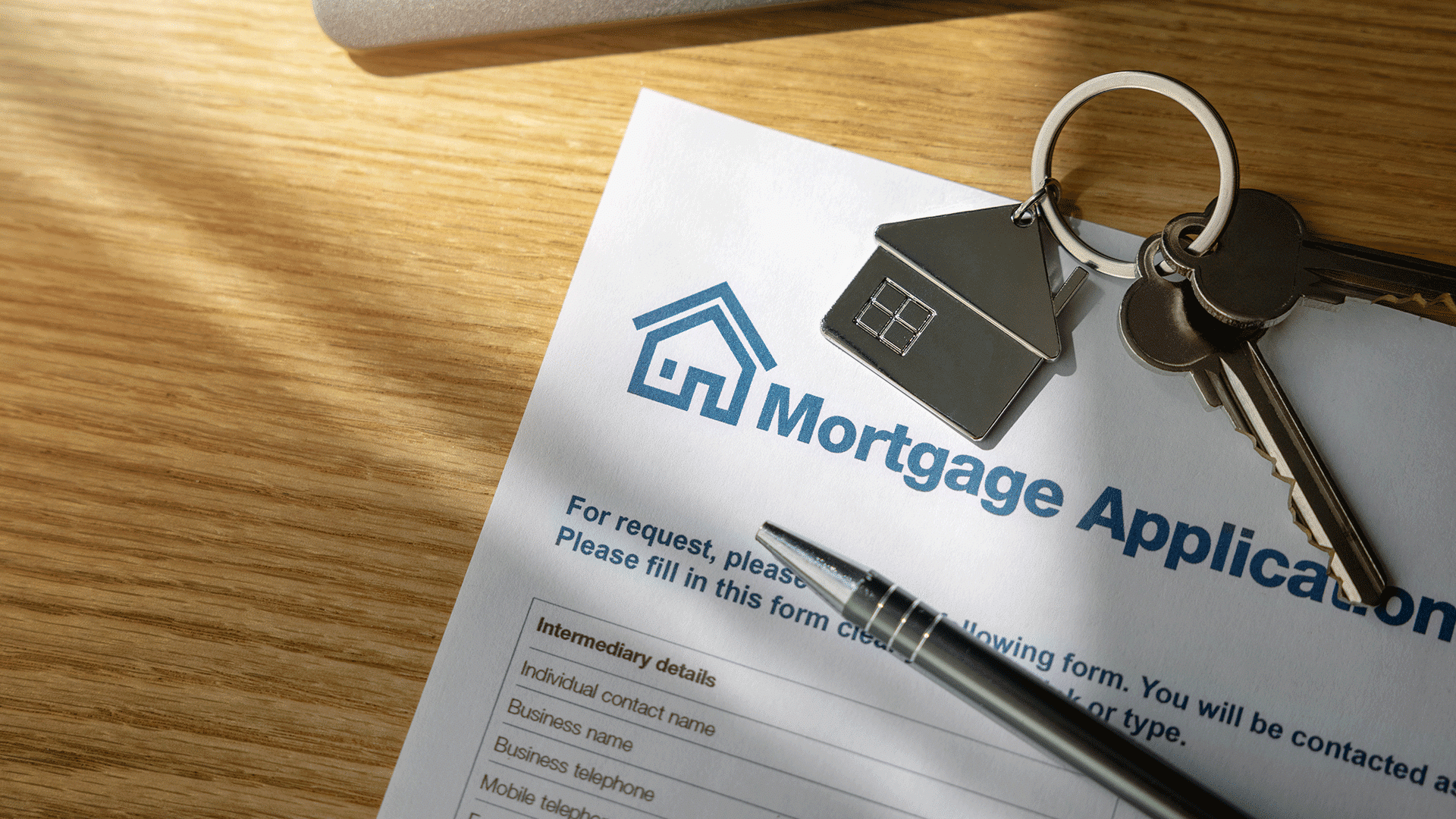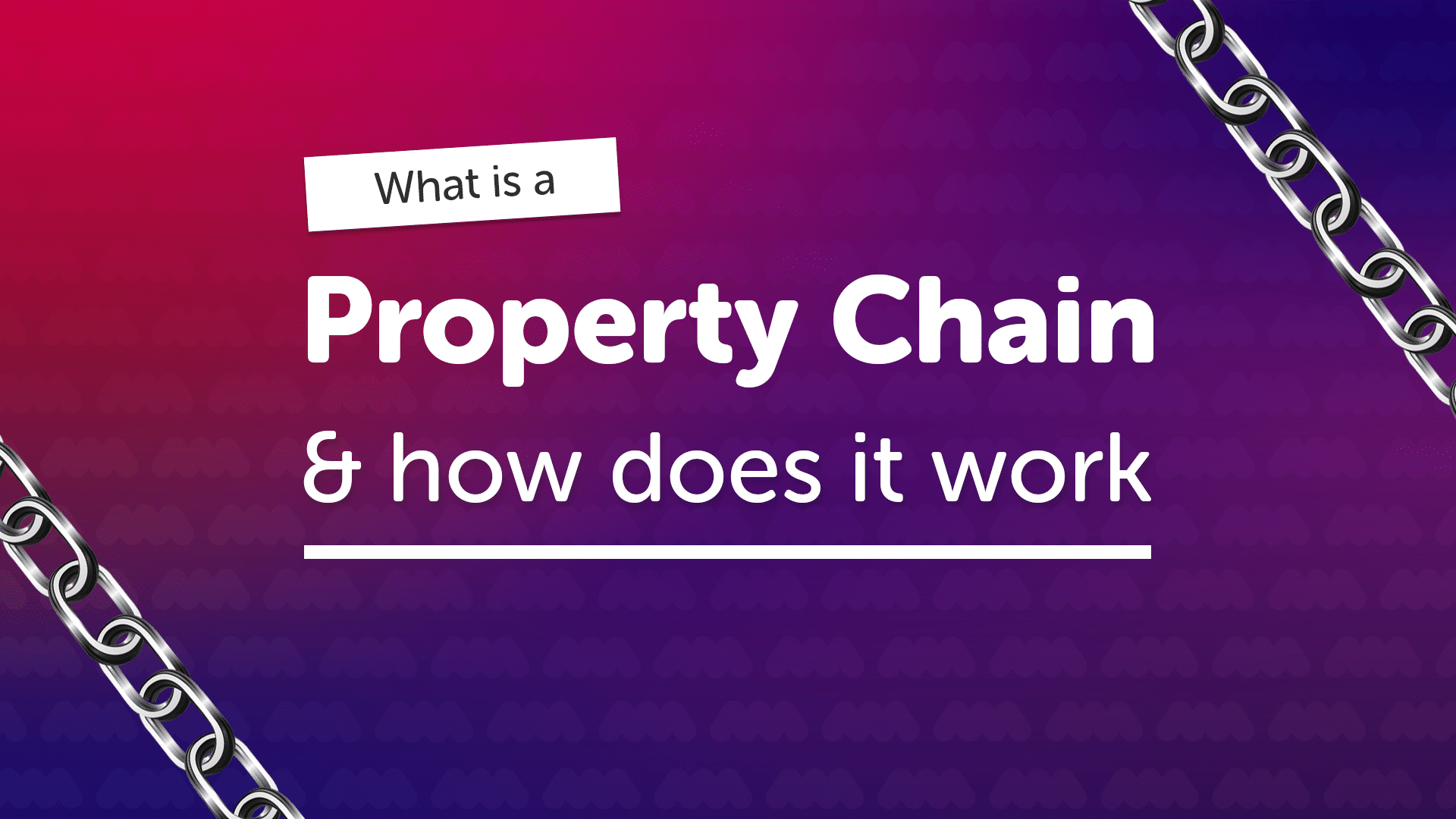Please note that the information contained in this article is for general guidance purposes only and should not be considered as legal, financial, or tax advice.
All information regarding Stamp Duty is taken from the government website and is in-line with the September 2022 Mini-Budget. The laws and regulations related to Stamp Duty are subject to change, and the information in this article may not reflect the latest updates or changes in the law.
The amount payable for Stamp Duty will entirely depend on personal circumstances. Please speak with the solicitor acting on your behalf, who will be more appropriate to advise on this.
Information Source: MoneyHelper
Stamp Duty Land Tax, commonly known as Stamp Duty, is a taxation system that may be applicable to residential property owners in England or Northern Ireland. It encompasses both leasehold and freehold properties, including those with mortgages or those purchased outright.
For prospective first time buyers in Cambridge, there’s good news regarding Stamp Duty. If the property’s value is £425,000 or less, you won’t be required to pay any Stamp Duty.
If the property’s value falls between £425,001 and £625,000, you’ll be exempt from Stamp Duty on the first £425,000, but you’ll need to pay Stamp Duty at a 5% rate on the remaining amount, up to £200,000.
However, if the property exceeds £625,000 in value, you won’t qualify for first time buyer relief, and you’ll be subject to the standard Stamp Duty rates. To be eligible for first time buyer relief in Cambridge, you must be purchasing your sole or primary residence, without prior property ownership in the UK or abroad.
It’s important to note that these regulations, as of the current date, are slated to remain in effect until March 2025. After this period, Stamp Duty will revert to the previous threshold levels.
Why was Stamp Duty relief introduced for first time buyers?
The government has taken steps to enhance accessibility to the property market by making significant revisions to Stamp Duty regulations for first time buyers.
As you may already be aware, accumulating the necessary funds to cover various expenses like mortgage applications, deposits, and conveyancing fees can be quite a challenging task.
Existing property owners often benefit from the equity they’ve built in their current homes, which can be leveraged to offset the costs associated with purchasing a new property.
However, the situation is different for first time buyers in Cambridge, many of whom are renters and may not have the same level of equity at their disposal.
Are there any exceptions to the rule?
It’s important to note that there are exceptions to this rule. If the property’s value exceeds £425,000 but is up to £625,000, you’ll pay a percentage of the amount over £425,000, and for properties over £625,000, you won’t qualify for first time buyer relief.
Regrettably, even if you’ve never owned a home before, you won’t qualify for first time buyer relief if you’ve inherited a property. The same applies if you’ve purchased a share in a property or if you’re buying jointly with someone else who isn’t a first time buyer in Cambridge.
Furthermore, if you’re considering a first time buyer buy to let property, you will be liable to pay Stamp Duty. This is because it’s considered a buy to let purchase rather than a residential property purchase.
The exact amount you’ll need to pay depends on your specific circumstances, so it’s advisable to consult with your solicitor for detailed information.
How do I pay stamp duty?
Typically, your solicitor will manage the Stamp Duty return and payment on your behalf, although you have the option to handle it yourself if you prefer.
In any case, it remains your responsibility to ensure the timely submission of the return. Even if your Stamp Duty liability is nil, it’s essential to submit a return unless you meet the criteria for exemption.
It’s worth noting that Stamp Duty rates and regulations can differ depending on the property’s location. To ensure you grasp the precise tax rules applicable to your property purchase, it’s advisable to consult with your solicitor or conveyancer.
Additional Costs for First Time Buyers: What Else to Consider?
In addition to considering Stamp Duty expenses, if you’re in the process of applying for a first time buyer mortgage in Cambridge, you might be curious about other potential costs. One significant expense is your deposit. Typically, most mortgage lenders will request a minimum deposit of 5%.
However, if you’ve encountered credit challenges or are seeking access to more favourable interest rates, it may be advisable to aim for a deposit in the range of 10% to 15%. Furthermore, you should anticipate incurring solicitors or conveyancing fees as a necessary cost.
Beyond these fundamental expenses, there are various other potential fees and costs, although they don’t necessarily apply to every case.
These may encompass a mortgage arrangement fee, which originates from your mortgage lender for setting up your mortgage. Additionally, you might encounter charges related to property valuation and surveys.
In cases where you engage a mortgage broker, they may sometimes levy a fee of their own, although this can vary depending on the specific circumstances. Furthermore, there are general expenses to consider, such as those associated with removals, potential repair work, furnishing, and home insurance.
It’s worth noting that many of these costs are not set in stone and, in some instances, may be optional. For a more precise understanding of the potential expenses you may encounter during your journey to homeownership, it’s advisable to consult with a mortgage advisor.
They can provide you with a detailed breakdown tailored to your specific situation.
Is there any support available for first time buyers?
First time buyers in Cambridge who are grappling with the challenges of entering the property market should be aware that assistance is readily available.
Not only does Stamp Duty relief exist for first time buyers in Cambridge, but a range of other schemes has been devised to facilitate the path to homeownership.
Among the more popular options is the Shared Ownership mortgage, where you purchase a portion of a property and pay rent for the remaining portion.
Additionally, there’s the Forces Help to Buy (FHTB) scheme, tailored to aid service members in borrowing up to 50% of their salary, capped at £25,000, without incurring interest.
If you are a council tenant, it’s worth exploring the Right to Buy mortgage, which grants eligible tenants the opportunity to buy their property at a discounted rate. In many cases, this discount effectively replaces the need for a traditional deposit.
Furthermore, the advantages of a Lifetime ISA deserve mention. This savings account permits you to deposit funds towards your deposit, with the government adding a 25% bonus, up to a maximum of £1,000 per year. You can contribute up to £4,000 annually to this account.
For more detailed information on the various schemes outlined above, as well as additional and more specialised options, you can visit the government’s Own Your Home website.
Alternatively, you can reach out to a reputable mortgage advisor, who can guide you through these opportunities and initiate the process of embarking on your personal journey to homeownership.
Date Last Edited: February 23, 2024














